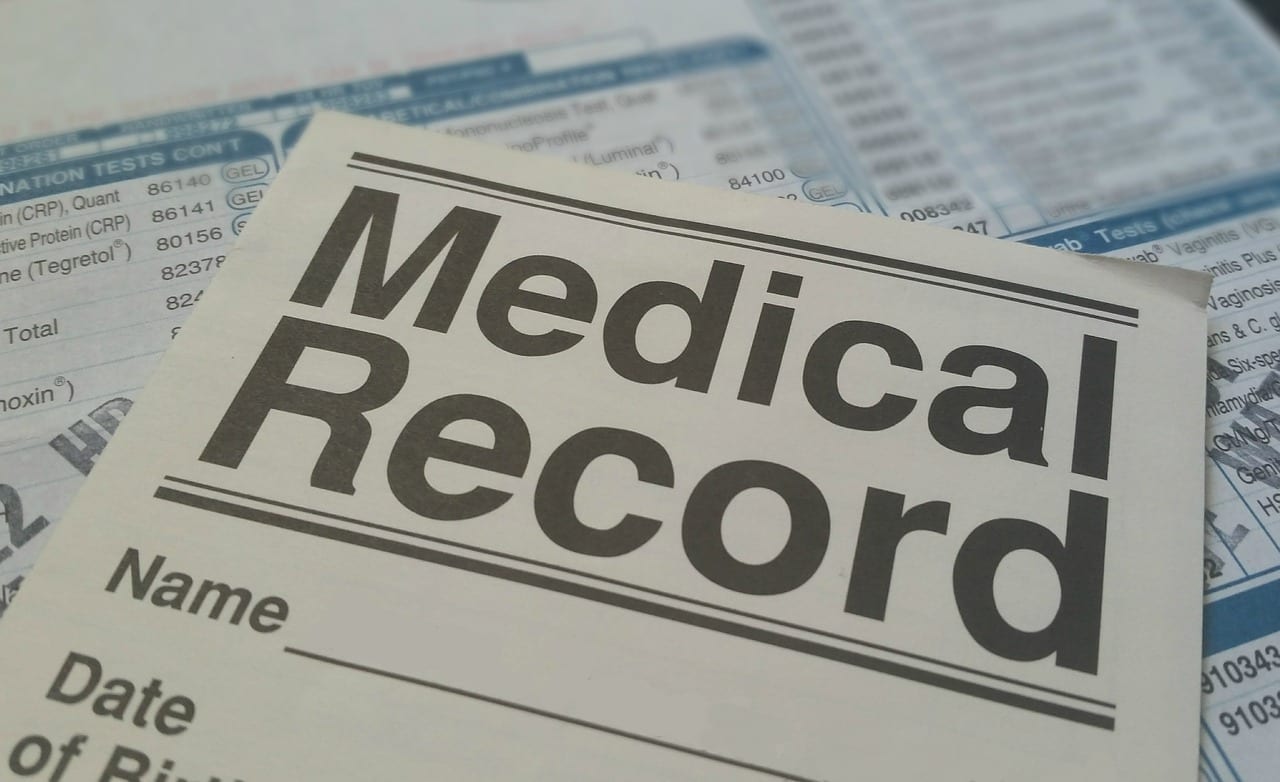New findings suggest that copy fees can greatly limit patient access to their medical records. Patients in the US are supposed to be able to easily obtain electronic copies of their medical records, but steep fees make that difficult for many across the nation. So why are there fees in the first place if patients are supposed to be allowed easy access to their records? Well, according to Dr. Harlan Krumholz of the Yale School of Medicine in New Haven, Connecticut, last year new federal guidelines were issued allowing healthcare providers to “charge fees for labor, costs of creating electronic or paper copies of records and postage.”
New findings suggest that copy fees can greatly limit patient access to their medical records. Patients in the U.S. are supposed to be able to easily obtain electronic copies of their medical records, but steep fees make that difficult for many across the nation. So why are there fees in the first place if patients are supposed to be allowed easy access to their records? Well, according to Dr. Harlan Krumholz of the Yale School of Medicine in New Haven, Connecticut, last year new federal guidelines were issued allowing healthcare providers to “charge fees for labor, costs of creating electronic or paper copies of records and postage.”
But what exactly do the new guidelines say? How are they affecting patients? Well, originally issued to “help implement the Health Insurance Portability and Accountability Act (HIPAA) of 1996,” the new guidelines “suggest a maximum flat fee of $6.50 for electronic copies of digital records.” The problem, however, is that many state laws and healthcare providers are still implementing per-page copy fees that often add up to a much higher cost for patients. It should be noted, however, that more and more healthcare providers are shifting to online portals that allow patients to download their medical records from their home, free from charges and excessive fees. But many patients still have yet to enjoy that luxury.
As Dr. Krumholz stated in an email to Reuters Health, “higher costs are a higher barrier for people to get their own information. Without that information, it is not possible to correct errors in the record, get informed second opinions, donate your data to research – or share with others what is happening with your care.” Daniel Walker, a researcher at Ohio State University in Columbus, has said that preventing easy access to records “ultimately undermines patient empowerment and patient-centered care.” When patients are allowed easy and affordable access to their records, Walker said they’re able to “take charge of their own health and make smarter choices about their care.”

So just how much are patients being expected to shell out for their medical records? Unfortunately, it’s not uncommon for patient’s in places like Texas to be expected to pay as much as “$53.60 for 15 pages of records, not including postage or images, according to researchers’ analysis of 2015 data.” In places like Minnesota, patients could end up paying as much as “$218.70 for 150 pages of records” or “$687.70 for 500 pages.” Unfortunately, Kentucky is the only state that requires healthcare providers to “give patients the first copy of their medical records free of charge.”
For the time being, patients who deem the fees too steep or burdensome are encouraged to discuss it over with their healthcare provider.
Sources:
Copy Fees Limit Patient Access To Medical Records, Doctors Argue
Patient Access To Medical Records Limited By Associated Costs


Join the conversation!